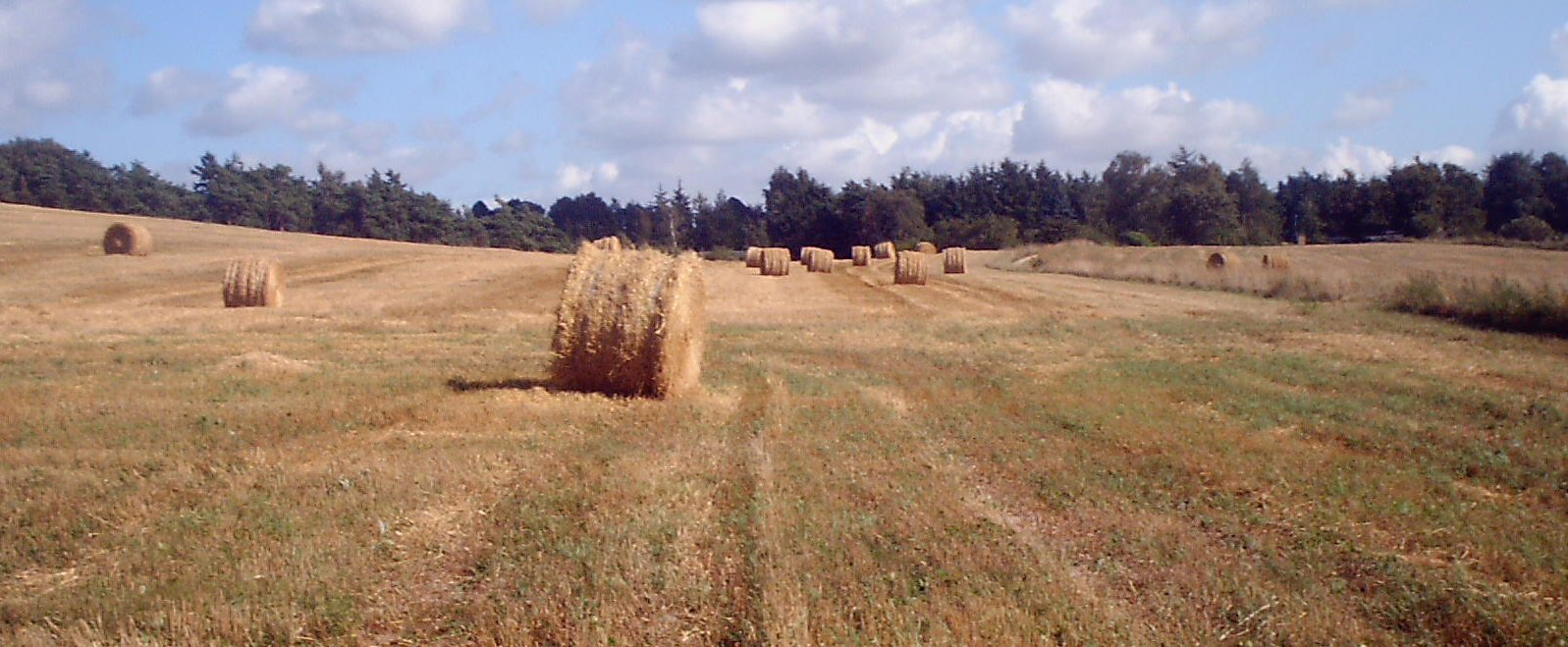The figures in Table 1 have been slightly revised since the original post to calculate the flexibility amount as 25% of a country’s NRPF financial allocation less its minimum ring-fenced amount for CAP income support (from which the allocation for CAP investment supports for farmers and foresters should be deducted). In the original post I had based the calculation on the NRPF general allocation.
Commission President von der Leyen sent a letter to the Cypriot Presidency of the Council and to the President of the European Parliament yesterday 6 January 2026, in which she proposed to make additional resources available as of 2028 to address the needs of farmers and rural communities (with thanks to Politico Europe for the link).… Read the rest








